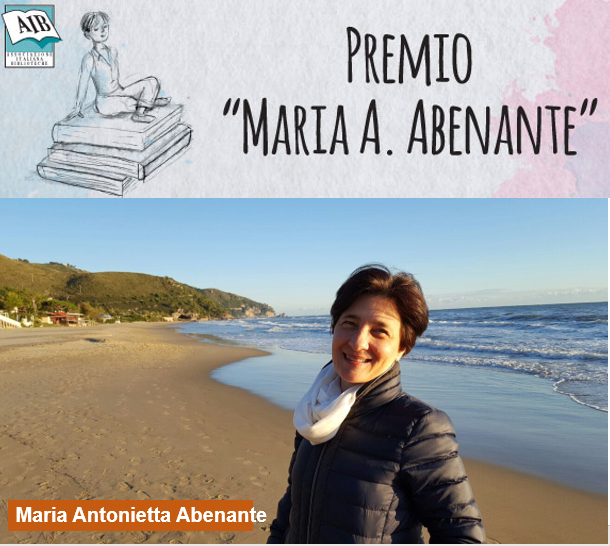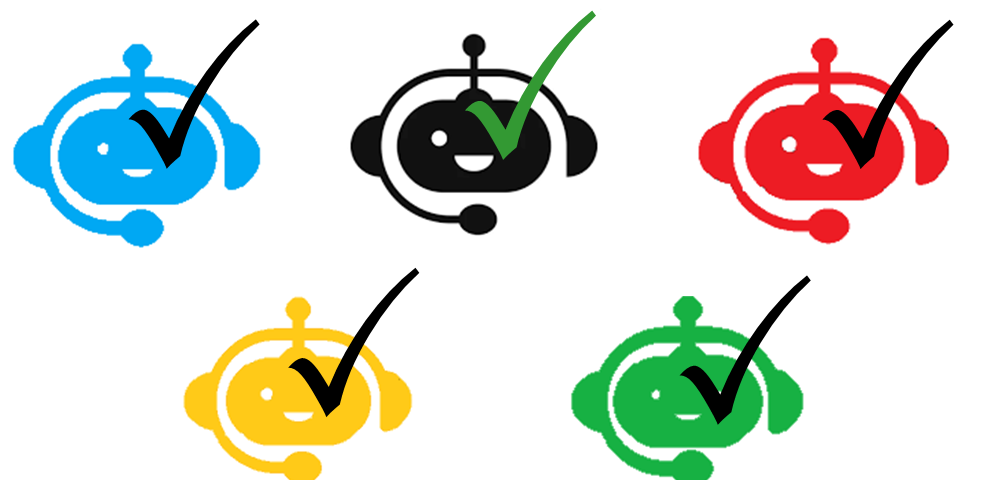[ays_quiz id=”4″]
BiblioVerifica dedicates the Olympics 2023 to CHAT BOT and misinformation: tutorial GPT (Generative Pre-trained Transformer), tools for WEBINT (web intelligence) and debunking, fact-checking practices, through 15 self-assessment quizzes about:
- IFLA: How to Spot Fake News
- guide against fake news (Fakenewslab University of Turin)
- full fact toolbox (Full Fact blog)
- Decalogue of good information (Google-AltroConsumo-MondoDigitale)
- verification of an author or a hashtag (VERIFICATION HANDBOOK European Journalism Centre)
- how to check the provenance of images and videos in the fight against disinformation (International Center for Journalists)
- dataset search (Google)
- fact check tools (Google)
- networks of fact-checkers EDMO and IFCN

All quizzes are available here
Abenante Prize 2021 @aib_it:
2nd classification for #biblioVerifica Olympics
There is no doubt that misinformation, due in part to the inability of web users to set up their searches correctly, but even more so to the strategy pursued by a large number of subjects referable to a wide variety of political, religious, philosophical, scientific (or should we say pseudoscientific) ideologies, has over the years represented a dangerous obstacle to the ability of individuals to consciously evaluate the contents of the web and use the information in the most correct way to orientate their choices.
While the scope of the BiblioVerifica OLYMPICS project presented by Damiano Orru’ on behalf of the “Vilfredo Pareto” Library of the University of Tor Vergata in Rome is not particularly innovative, the way in which it strives to stimulate an attitude of full awareness in users, providing them with the logical and documentary tools to combat the phenomenon certainly is. In this sense, the aims of the project fall within the dimension of inclusion expressly requested by the announcement of the Prize named after Maria Antonietta Abenante.
BiblioVerifica proposes, in fact, to all citizens a platform for “computerised self-assessment” on issues that have been hot topics over the years (from 2018 to the present day). This self-assessment takes the form of a game-competition in which any participant can try his hand at answering a series of quizzes in a set time, receiving real-time feedback via blog and email at the end. The description of the content on which the 100 quizzes are based is available and downloadable to allow the validity of the answers and the sources for each quiz to be verified.
Using gaming to combat misinformation through information literacy, media literacy and data literacy is undoubtedly an original and convincing idea, as evidenced by the growing number of participants that the WordPress platform registers annually. Indeed, it has risen from 1,044 attempts in 2018 to 21,609 attempts in 2020 (for 2021, the statistics stop at the first 20 days of the competition).
Over the years, BiblioVerifica has been presented on numerous public occasions and described in articles in authoritative journals. Finally, BiblioVerifica promotes a data and information search practice that applies the indications of the IFLA-promoted ‘How to Spot Fake News’ Manifesto to facilitate access to responsible information through the sharing of verification strategies, research tools and reliable sources at national and international level.

ITALIAN VERSION
